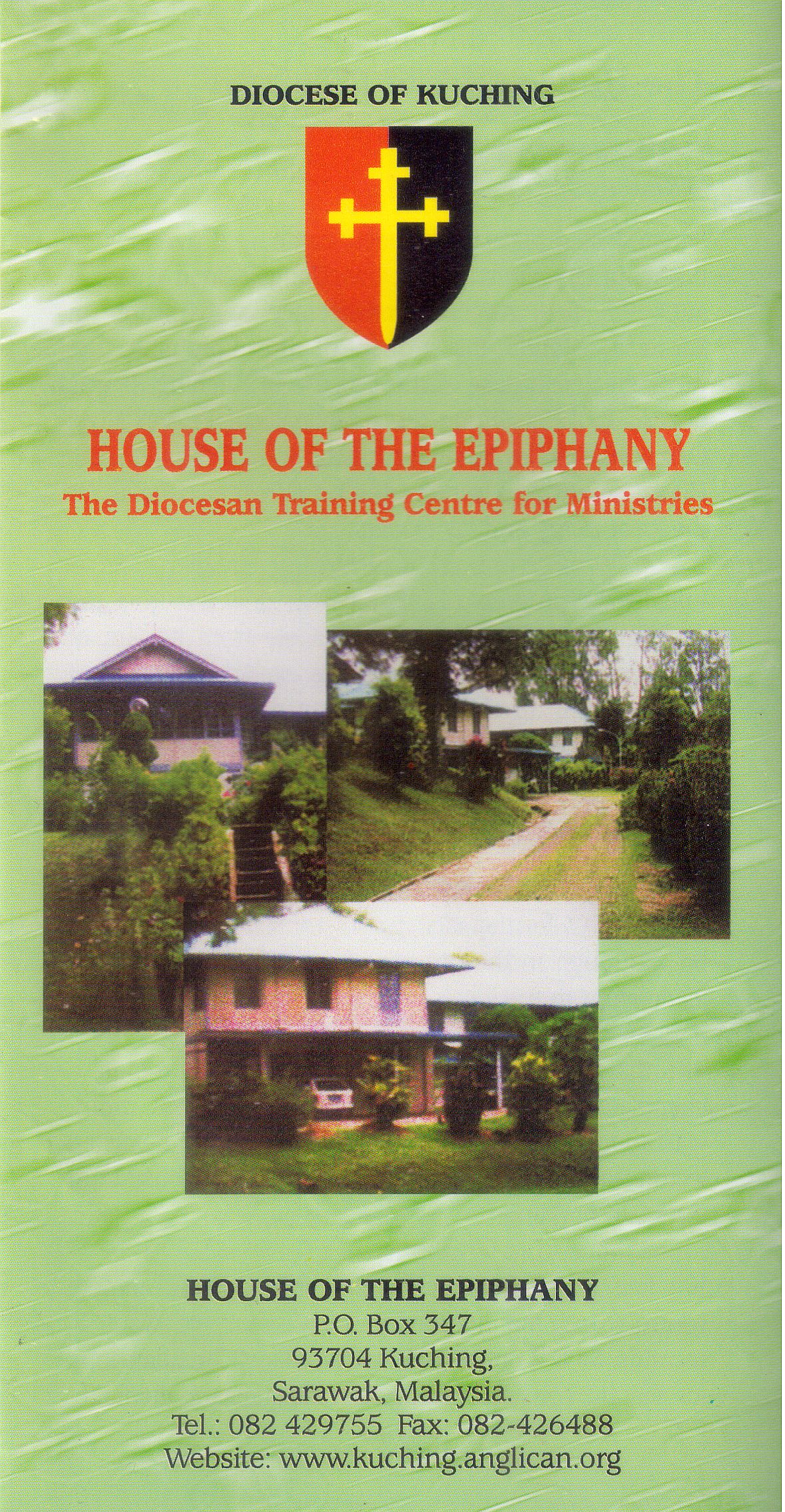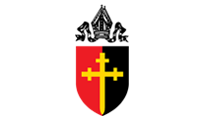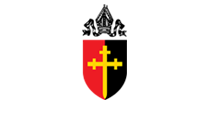History & Background

Historical Background
Situated in a pleasant wooden compound overlooking the main city thoroughfare – McDougall Road – named after the first Anglican missionary and Bishop in Sarawak, stands the House of the Epiphany, the theological seminary of the Diocese of Kuching. It was opened in 1953 during the episcopate of Bishop Nigel Cornwall. Besides training candidates for ordination, the House serves as a center offering refresher courses for the local clergy and lay leaders.
Initially progress of mission was slow but from the start it was never allowed to deviate from its aim of building up the Church with the explicit intention of preparing locally-born Christians for the ordained ministry. One hundred and five years elapsed since the first missionaries landed in 1848 before the local Church was ready to embrace the much touted policy of self-propagating, self-supporting and self-governing. The admission of ten students under the tutorship of Canon Peter Howes for the sacred ministry signaled a historic breakthrough in the process of transferring the Church leaderships to the locals.
The main college building has 18 student’s room, a chapel, a library, a dining hall and common room, washrooms and a staff quarters. Nearby is a detached lecture room which separates the Warden’s House from the main building.
We live in an instant society. Microwaves, remote controls and the Internet give us what we want in seconds. So it is not surprising that many Christians long for instant conversions, too. But this instant mentality can lead to insensitive encounters that many may look more like fast-food outlets than a growth process into maturity in Christ. In our post-modern age, sharing the gospel takes times, ingenuity and incarnational love. This means living the way Jesus lived, forging authentic relationships and speaking the language of the culture that we are in. That is precisely what the House of the Epiphany is committed to equip its students to become. Here they learnt not only to exegete the text, but the context as well. By understanding the original message and the contemporary situation, students interpret and translate the unchanging gospel into words and images that make sense to the people in the local context and culture.
The Ministry of The Centre
The Diocesan Training Centre for Ministries has as its objective the discernment, nurturing and development of ministries in general and, in particular to provide opportunities and develop resources that will enhance these ministries.
The Ministry of the Centre is threefold; namely the continual training and formation of existing clergy, the equipping and empowering of the lay readers and the promoting of prospective ordinands to discover their calling.
The Rationale For The Centre
There is very little in either Parish or academic life that adequately prepares clergy for their roles. Their ministry requires making difficult decisions without clear guidelines or neatly prescribed solutions.
The demands and expectations that such a requirement places on the clergy are more complex and multi-layered than in most secular organizations. There are both similarities in the quality of leadership needed, and the distinctive differences that Church leaders must offer.
There is constant need to draw on theological insights, fresh models and practical experiences in exercising the very highest level of integrity, personal judgment and competence in the Parish leadership.
How Does The Centre Achieve Its Ministry?
The Centre facilitates and organizes, amongst other things, workshops, training sessions, seminars, conferences, study groups and retreats.
On Which Level Do These Events Take Place?
They could happen on a diocesan, regional and parish level, depending on the need and the nature of the particular event, and the composition of participants.


